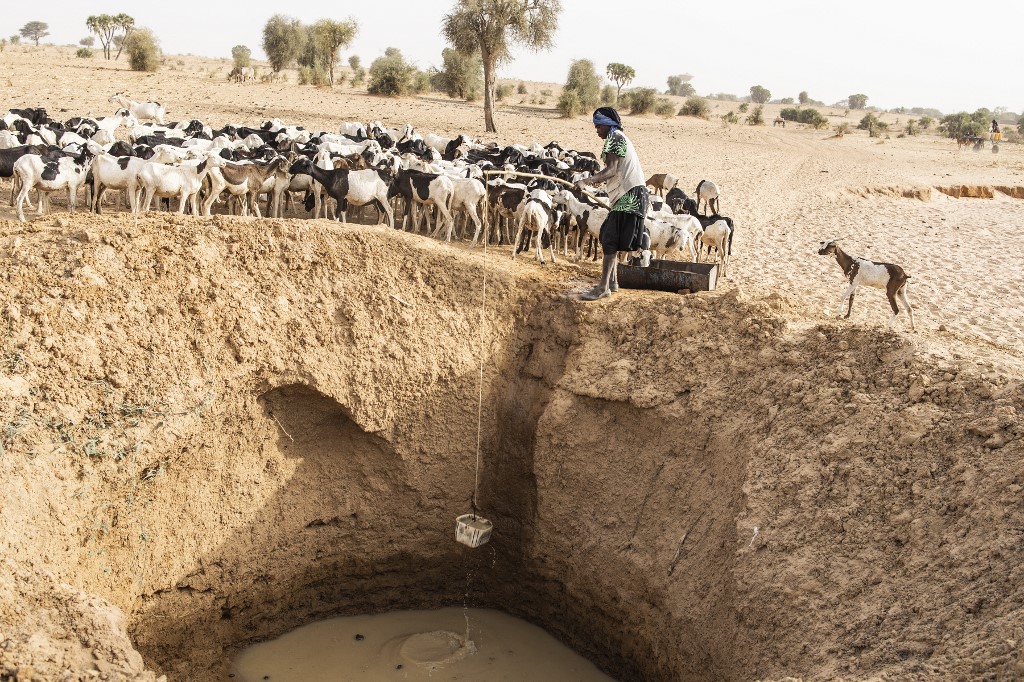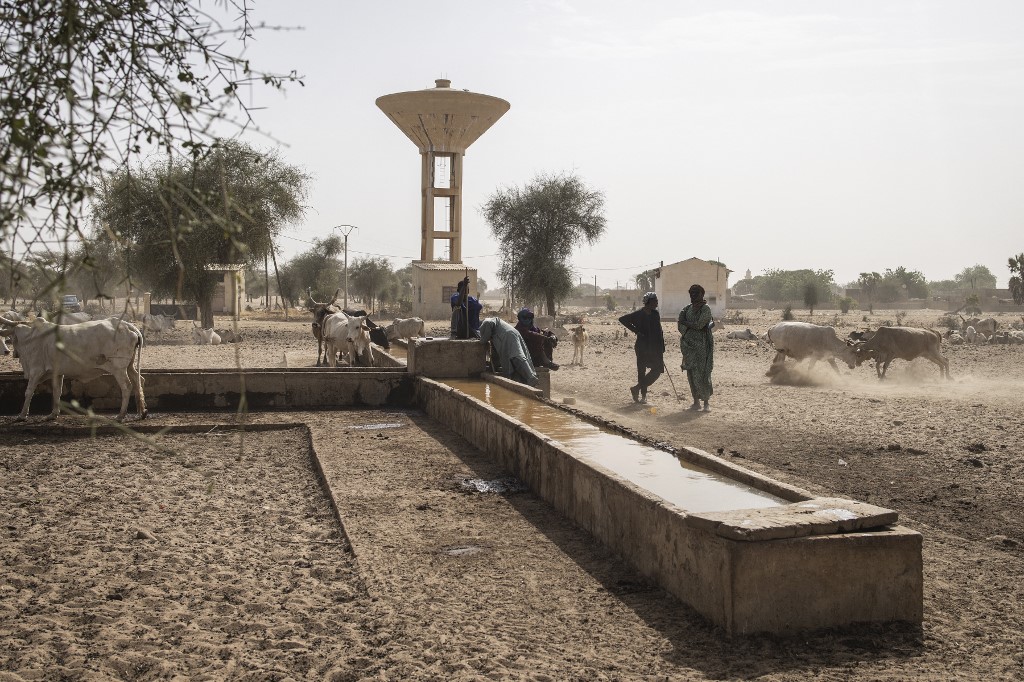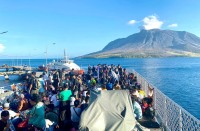
DAKAR, Senegal (AFP) – Untapped groundwater resources have “vast potential,” the UN’s cultural agency said Monday, potentially alleviating demand for ever-scarcer water supplies across the world.
In a report, cultural agency UNESCO stated that about 99 percent of all of the liquid groundwater on Earth is groundwater, although the resource is often poorly understood or undervalued.
“In the context of growing water scarcity in many parts of the world, the vast potential of groundwater and the need to manage it carefully can no longer be overlooked,” the report said.
Water consumption is expected to increase by one percent annually over the next 30 years, UNESCO said, driven by population growth and demand from industry and agriculture.
UNESCO Director General Audrey Azoulay stated that humans are increasingly polluting or drying up existing water resources — “sometimes with irreversible consequences”.

“Making smarter use of the potential of still sparsely developed groundwater resources, and protecting them from pollution and overexploitation, is essential to meet the fundamental needs of an ever-increasing global population and to address the global climate and energy crises,” she said.
Groundwater currently constitutes about 50 percent of the water withdrawn for domestic use worldwide, and 25 percent of the volume used for irrigation, according to UNESCO.
But governance of the resource is often poor and there is a shortage of technical expertise in some parts of the world, notably in sub-Saharan Africa.
Among other things, UNESCO urged better data collection for groundwater resources, suggesting that oil, gas and mining firm share their in-house data with public authorities.
The UN agency released the 248-page report at the start of the World Water Forum, which is taking place in West African state of Senegal and ends on Friday.
© Agence France-Presse







